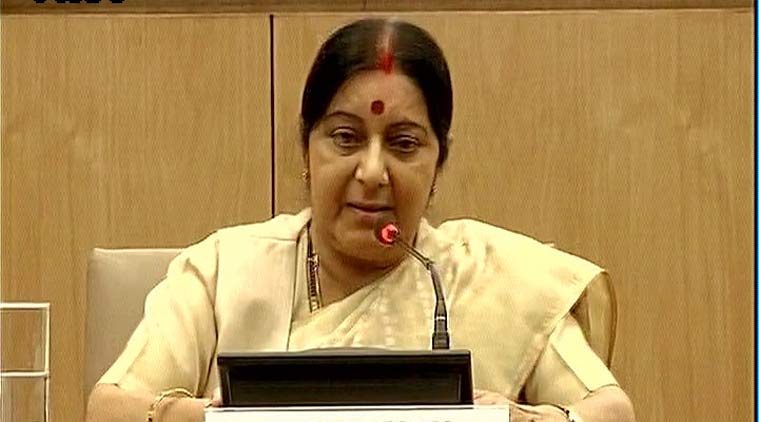India’s Prime Minister Narendra Modi added yet another feather to his cap by securing the top rank, ahead of China’s President Xi Jinping, in handling domestic as well as international affairs, as per China’s National Image Global Survey 2014, which ranked nine heads of state on different parameters.
The survey, collating responses of 4500 people across nine countries, showed that amongst the leaders’ capability in handling domestic affairs, Mr. Modi led the rest with a score of 3.74 on a scale of five, followed by Mr. Xi (3.58), Mr. Tony Abbott (3.55), Mr. David Cameron (3.53), Mr. Barack Obama (3.48) and Mr. Shinzo Abe (3.37). In the international affairs department too, Mr. Modi scored ahead of Mr. Xi, followed by Mr. Cameron and Mr. Obama.
“Xi’s handling of both domestic and international affairs has won high praise. He ranks second, after Indian Prime Minister Narendra Modi, for his capability of handling domestic and international affairs,” Said Wang Gangyi, vice-president of China International Publishing Group, citing the survey report released in Beijing on March 18.
The survey was aimed at surveying international perception towards global leaders’ domestic and foreign image and policies. It also showed that President Obama was the most well known Head of State, followed by Mr. Putin.
Read More







